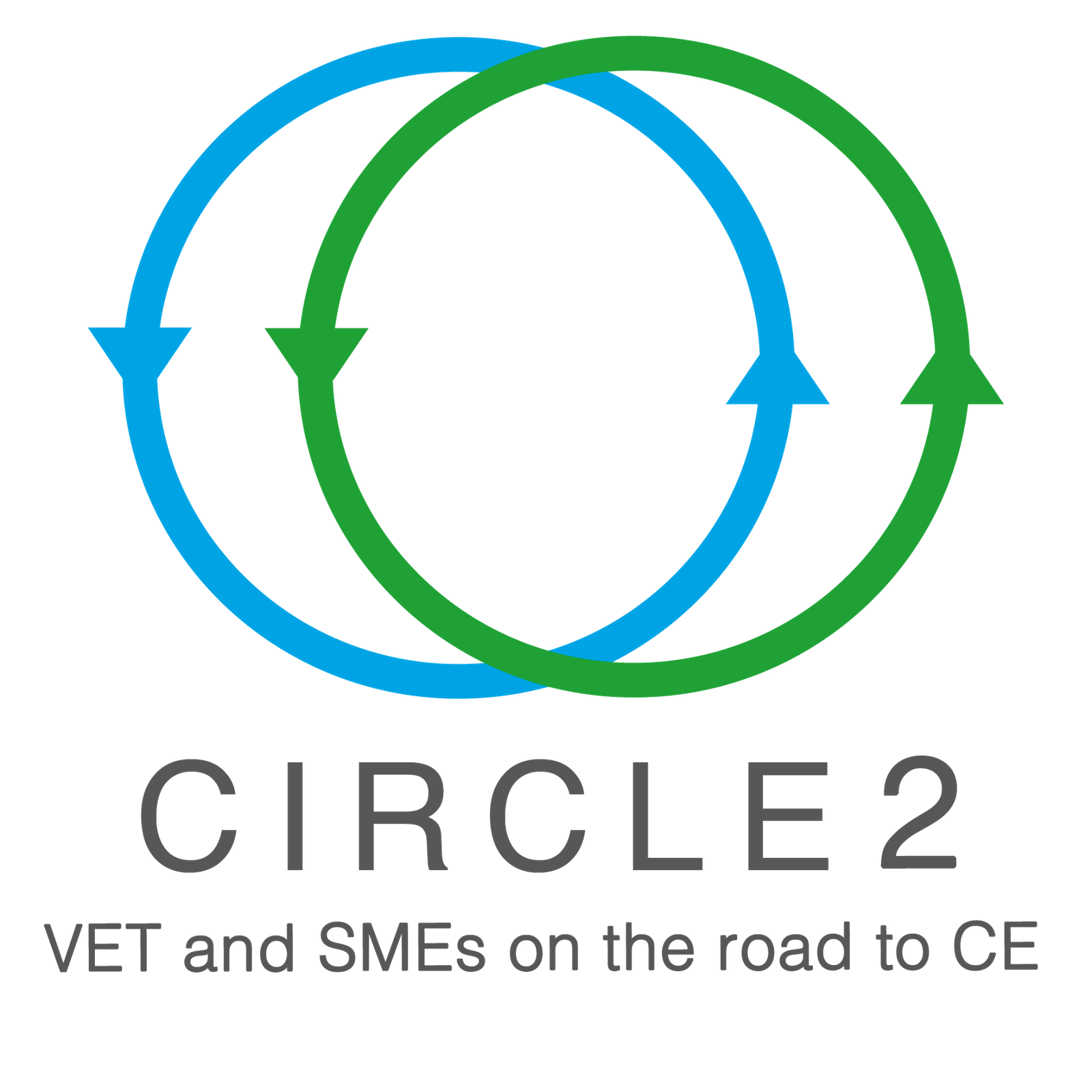Introduction to training materials
The project developed interactive training modules for tourism, transport, and agriculture sectors, using the H5P open-source plugin.
Each module includes video interviews with representatives of small and medium-sized enterprises, organisations, and freelancers and downloadable resources (PDF, Excel, Word).
These materials are designed to help VET educators teach circular economy principles and their practical applications in real-world settings.
The project team designed the materials under the guidance of GCU—Glasgow Caledonian University (Scotland, UK).
All materials are available in English, Spanish, Italian, Turkish, Lithuanian, and Slovenian.

Tourism
The EU tourism sector is worth 666 billion Euros or 3.98% of the region’s GDP, and provides 11.9 million jobs. The sector is made up of many different kinds of business such as travel companies, hotels, restaurants and is key to the economies of coastal regions, cities and nations. So how can a tourism sector support sustainable circular economy principles. This course will consider accommodation and food, tourism transport, events and places of interest.

Transport
In the EU, transport services contributes 664 billion Euros (or 9% GVA) and is key to the supporting of the EU members’ economies, supporting the free movement of goods and people. Over 11 million people are employed in the sector and still largely relies on fossil fuels for its energy needs. This course considers the movement of goods, people, innovation in vehicles, electric vehicles and digitalization in the transportation system in relation to the circular economy.

Agriculture
In 2022, the EU’s agriculture sector contributed 222 billion Euros and was a major net exporter to the rest of the rest of the world. The sector also provides regular employment for 20 million people. However, the sector can be a volatile marketplace with impacts of global competition, climate change and the costs of inputs such as fertilisers. This course considers how the sector can develop more sustainably through the principles of the circular economy.
